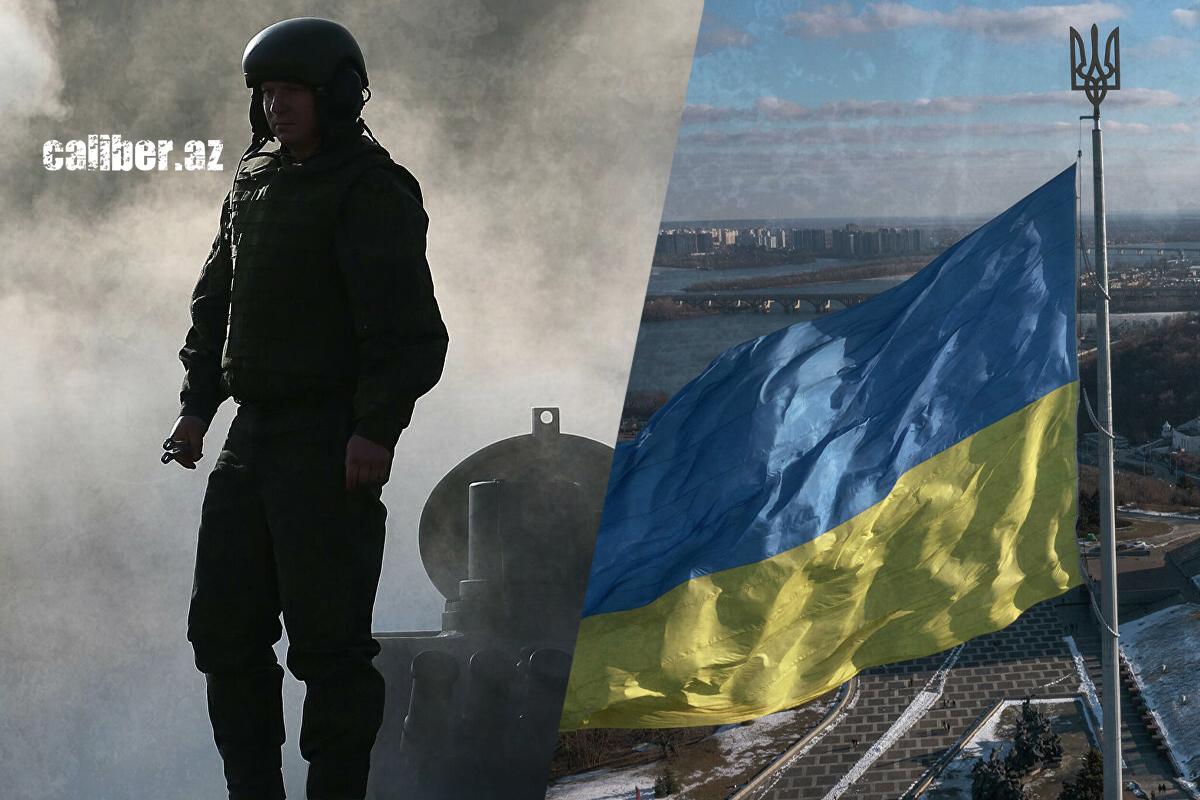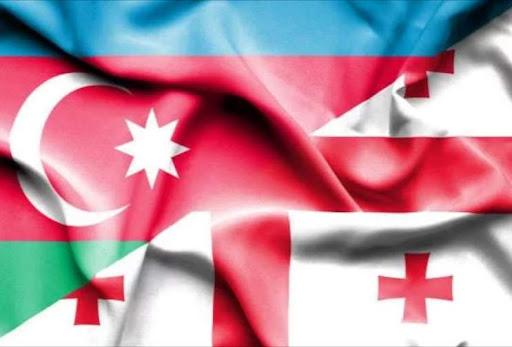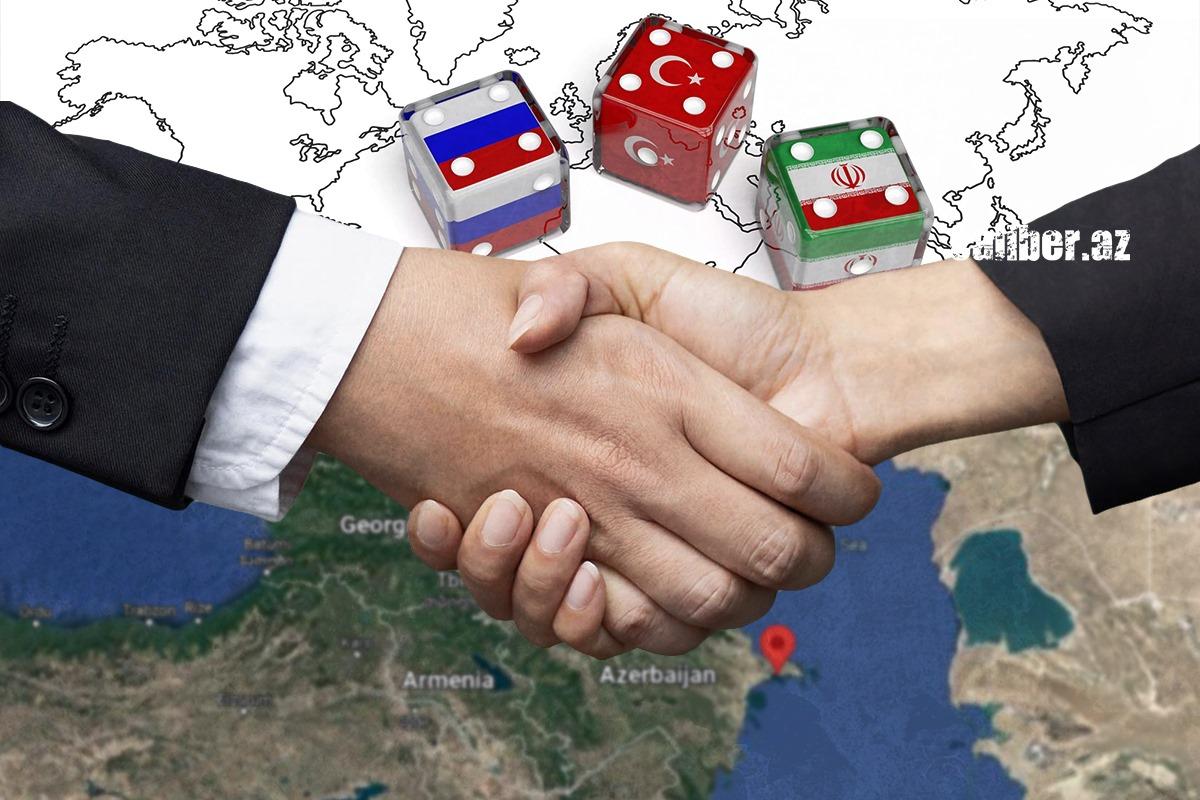"Russia can go for broke: the upsurge of separatism possible in the Armenian-populated regions of Georgia" Caliber.Az interview with Badri Nachkebia
Caliber.Az presents an interview with Georgian political scientist, Doctor of History Badri Nachkebia.
- How do you generally assess the political situation in Georgia? What is the current political scenario in the country?
- Current political situation in Georgia is quite interesting. First, I want to pay attention to the fact that the society in the country is extremely polarized. There is a boycott of the parliament and a partial rejection of the parliamentary elections.
In economic matters, Georgia has a very cautious policy toward Russia. There are voices among the population which are calling for the beginning of hostilities. I do not doubt that among them there are certain lobbying forces from among the separatists outside the country, for whom the current stable situation in Georgia is not entirely acceptable.
I consider the actions of the Georgian Dream Party to be aimed at maintaining stability and peace not only in Georgia itself but in the region as a whole.

- Russia demanded from NATO a guarantee that Georgia and Ukraine would not join the alliance. What is the reaction of Georgian society to such statements?
- Georgian society has two opinions - either membership in NATO or an American base on the territory of Georgia. I think that in any case, Russia will be absolutely unhappy with this outcome.
I think that Russia will militate against Georgia's accession to the alliance. Moscow has more lever of influence on Georgia than on Ukraine. I do not even exclude a new upsurge of separatism, for example, in the Armenian-populated Georgian regions, where Russia can go for broke.
At this stage, we can only talk about accession to the EU. As for NATO, I think we need to build a security system together with our strategic partners, namely Baku and Ankara. After the war in Ukraine, the whole world community will understand the need to create a new security concept to preserve long-term peace.
- What do you think about the current cooling of Georgian-Ukrainian relations?
- As I said, our society is extremely polarized, and very often the choice depends not on the national interests of Georgia, but some global trends. Sometimes it even depends on the interests of another state.
No matter which friendly country we talk about, a small country must have a pragmatic approach to everything. The policy of Azerbaijan, the foundations of which were laid by Heydar Aliyev and consistently implemented by Ilham Aliyev, should be an example for Georgia. The multidirectional policy pursued by official Baku is acceptable for us. The strategic partnership between our countries should not cause any questions.
When it comes to Ukraine, we demanded proof concerning the accusations against us, but nothing was presented to us. Georgian volunteers are fighting on the side of Ukraine, Georgia supports Ukraine on all international platforms, but statements continue to be made about Georgia joining the war. There are forces in Ukraine that support Georgia's ex-president Mikheil Saakashvili. Moldova pursues the same neutral policy as Georgia, but Zelenskyy does not withdraw his ambassador from Chisinau. Ukraine demands a lot from us, urging the opening of a second front, which is unacceptable to us.
I believe that our relations with Ukraine have been aggravated by the actions of the Georgian opposition.

- And how do you assess the current level of Azerbaijani-Georgian relations?
- Our relations should move from a strategic partnership to brotherly relations, and even to a strategic alliance. I consider our people's kinship because the Albanian roots played an important role in their formation. I very much want Georgia to join the EU together with Azerbaijan, because Azerbaijanis are a unique nation, standing at the origins of Europe.
The Baku-Tbilisi-Ankara axis should be strengthened. I do not exclude that in the near future we will see an intensification of cooperation between Azerbaijan, Georgia, and Ukraine within the GUAM ("Georgia-Ukraine-Azerbaijan-Moldova") organization. It is clear that one way or another, the issue of strategic relations is not questioned by anyone. Moreover, I believe in the interaction and rapprochement in other formats as well. In a word, I welcome the expansion of cooperation between Baku and Tbilisi, up to the formation of military alliances.
- President Ilham Aliyev recently proposed a format of regional cooperation between Georgia, Azerbaijan, and Armenia. How do you see the prospects for this format, and how will it differ from the "3+3" format?
- I believe that this alliance is much more important than the 3+3 format. Whether we want it or not, we have to take into account the interests of the major powers. This union would put an end to the Armenian-Azerbaijani conflict. The problem, in this case, is in Armenia, we all know that the separatist and revanchist forces are strong there. The Armenian lobby in Moscow also poses considerable danger. It is destroying the lives of Armenians themselves.

Tbilisi will not take part in the "3+3" format and this is the final decision. First of all, because of the presence of Russia. I would like to note that unlike Azerbaijan, which has actually solved the Karabakh issue, Georgia still has problems with its territorial integrity, because of its relations with Russia. In conditions when there are radical contradictions that cannot be resolved in the "3+3" format, and Georgia has not been able to resolve the issue of its territories, participation in such meetings is impossible.
- How do you feel about Azerbaijan's resolution of the Karabakh conflict?
- Azerbaijan was very humane in Karabakh, during the war we saw a professional army, which conducted an operation to restore the territorial integrity of the country. But I think that the format of the presence of international forces in Karabakh would have been more acceptable.
- Is peace between Armenians and Azerbaijanis possible?
- It is possible. When I studied at Moscow State University, I witnessed the friendship of the two peoples. Armenians still remember with tears in their eyes how well they lived in Baku, and how Azerbaijanis created all conditions for them to live. There are still 30 thousand Armenians living in Baku.
The humanism of the Azerbaijani people will help Armenia come to peace not only with Azeris but also with Turks, turn the pages of the past, and start from scratch. Georgia is always ready to offer its help in this direction. But Armenia must recognize the inviolability of post-war borders.








